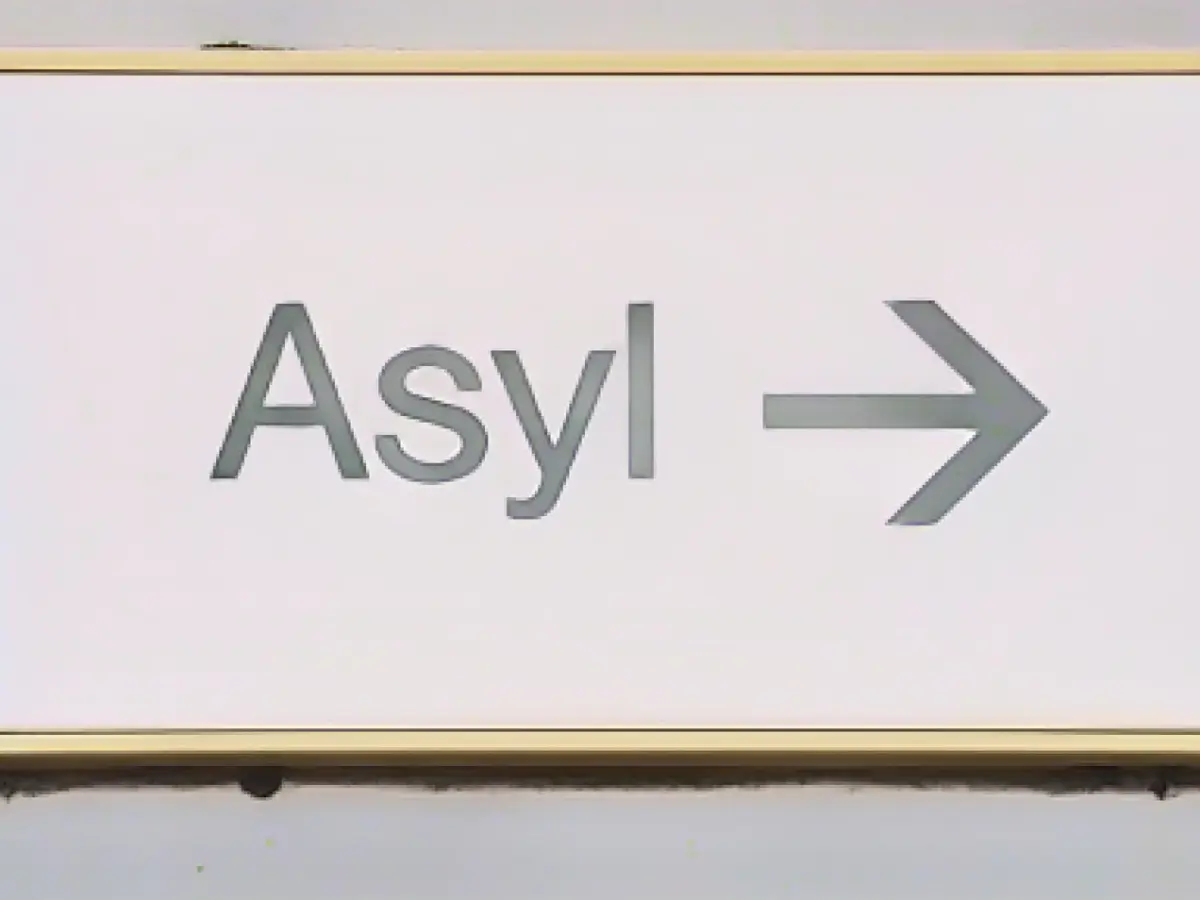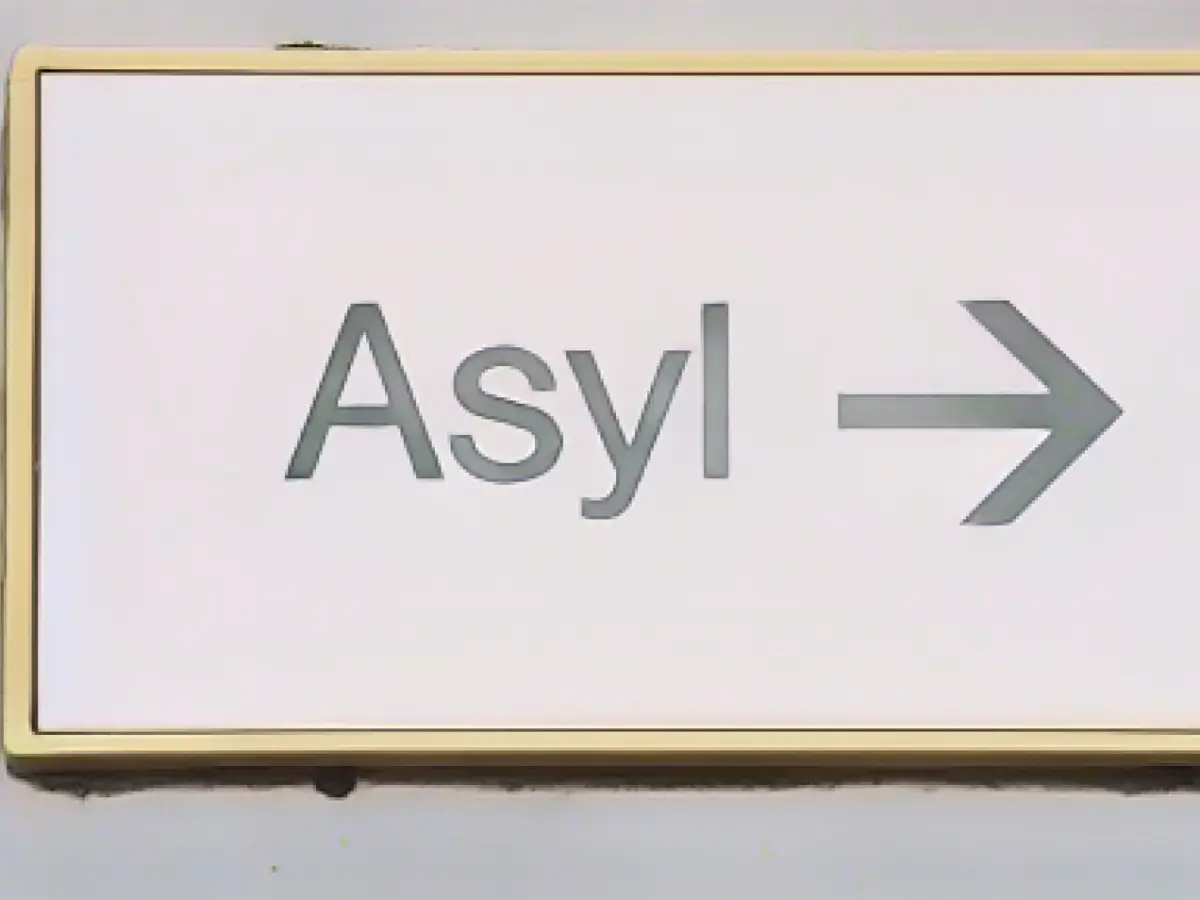District Council Greenlights Cash Cards for Asylum Seekers in Vorpommern-Rügen
In a recent vote, the Vorpommern-Rügen district council has approved a motion to introduce cash cards for asylum seekers. The CDU party, which holds the majority in the district council, plans to propose this initiative in the Schwerin state parliament as well. The intention is to discourage asylum seekers from coming to Germany through reducing the incentive and preventing the sending of living expense funds back home.
The newly-adopted motion instructs the district administrator to explore and implement a payment card system or similar mechanism as soon as possible, aiming to replace cash payments where feasible. This follows the consensus reached by state premiers and Federal Chancellor Olaf Scholz, who support transitioning part of asylum seekers' benefits to payment cards.
Germany's Federal Government and regional authorities have agreed to shift a portion of asylum seekers' financial support to a payment card system by the end of January. The joint effort aims to develop uniform rules across Germany, ensuring a cohesive approach to managing benefits for asylum seekers.
While some district council members advocate for faster implementation, others caution against rushing the process, warning about potential pitfalls. Other areas, such as Hanover, have already started testing payment cards for refugees, and Thuringia is considered for widespread implementation.
Prior to the district council meeting, district administrator Stefan Kerth expressed concerns that the district's system could become redundant if the federal government sets the legal framework in the near future. Despite these concerns, Kerth supports the overall concept.
The AfD party, which holds representation in Schwerin's state parliament, supports the introduction of payment cards for asylum seekers and their inclusion in social welfare support groups after 18 months of residency.
CDU Parliamentary Group Leader Franz-Robert Liskow believes that payment cards could have an impact on migration in the medium term. However, Liskow also advocates for a quota system to effectively address the root cause of the issue in the long term. He also suggests clarifying Germany's asylum policy beyond its borders.
Further insights and context
Asylum seekers in Germany have been receiving part of their financial allowance through a payment card system since last year. The system is primarily designed to curb the funding transfer and reduce the allure of Germany as a preferred destination for asylum seekers. Payment cards are required by law (AsylbLG) and aim to regulate how asylum seekers spend their financial support, limiting cash withdrawals and restricting spending options.
TheArguments for the approach to the payment card system primarily revolve around control and regulation. Asylum seekers may suffer less incentive to send funds back home or participate in activities deemed undesirable. It also strives for a more efficient and transparent distribution of financial support, thereby reducing cash misuse or loss.
However, critics argue that payment cards potentially dehumanize asylum seekers by stripping away their capacity to make basic financial decisions. Some argue that the system mirrors policies from a decade ago that were perceived as detrimental. Practical constraints also come into play - for instance, the need to inform third parties about cashless payments, which can be challenging and time-consuming.
There's also debate about the effectiveness of payment cards in reducing Germany's attractiveness as an asylum seeker destination, with some questioning whether the system is able to restrict choices effectively. Some asylum seekers may find alternate ways to beat restrictions. Critics argue that the system may infringe on human rights, particularly by limiting asylum seekers' liberty to withdraw cash and engage in basic daily transactions where digital payments aren't common.
The introduction of payment cards for asylum seekers in Germany is part of a broader migration and asylum policy discussion. Other factors, including the German housing crisis and economic instability, play a role in shaping political positions and policies regarding migration and asylum.








